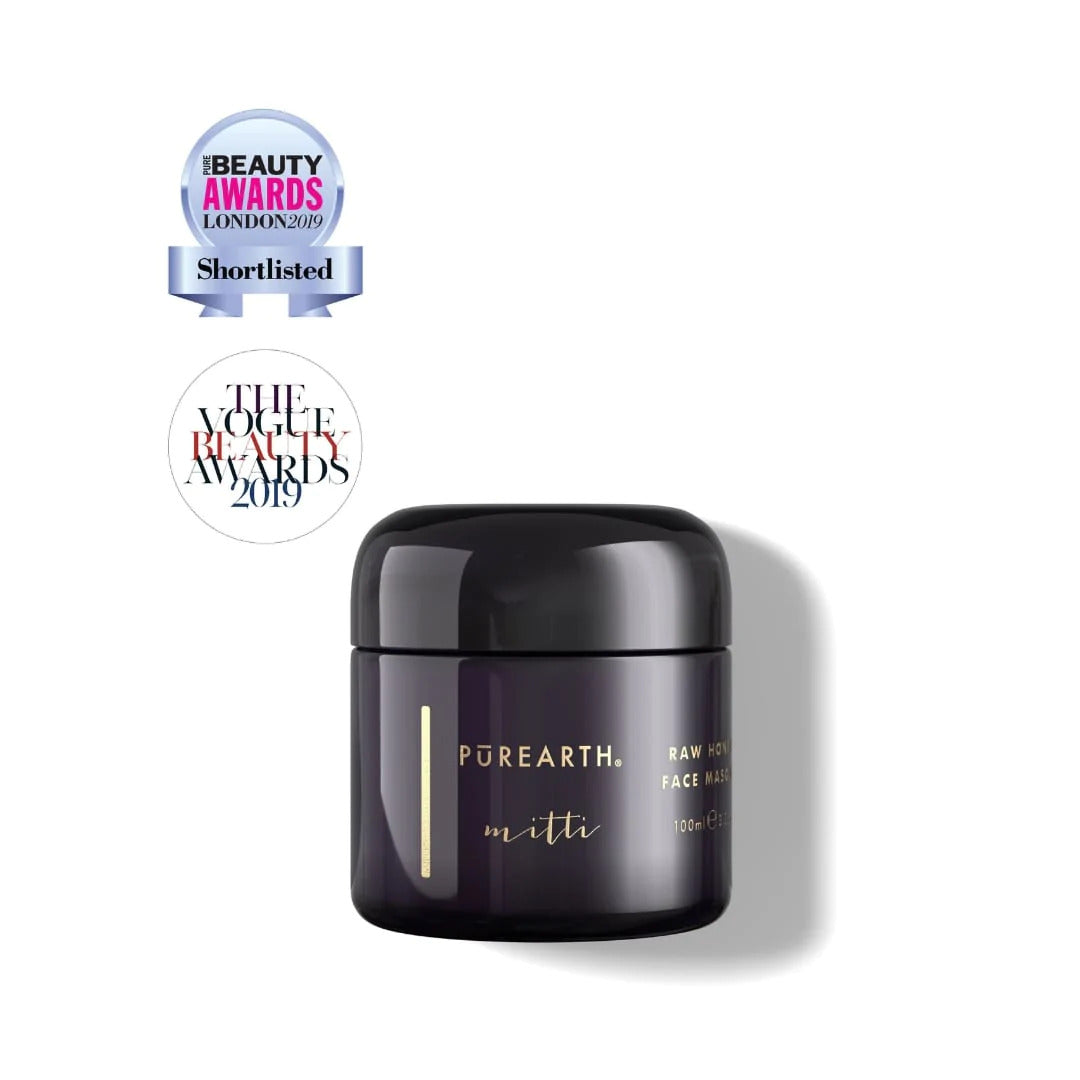Do you really need to keep away from clay masks if you have dry skin?
WHILE THE SKINCARE PRODUCT HAS BEEN MARKETED AS THE ULTIMATE PURIFIER FOR OILY SKIN, EXPERTS WEIGH IN ON WHETHER IT WORKS FOR DRY SKIN
Skincare always sounds like the most wholesome indulgence during that time of the week, a.k.a the weekend. Most of us dedicate hearty hours of those two days to some much-needed self-care that is otherwise compromised upon in the frenzy during the week. Not to mention, our skin needs it just as much. After being vulnerably exposed to environmental aggressors like the sun (and its blazing UV rays) and pollution on a daily basis, our skin’s health can go from admissible to dreadful in a finger snap. Hence the critical need for a weekly detox that not only rejuvenates your skin but also equips it to get the better of the forthcoming agony. The word ‘detox’ is poised to ring a bell in every skincare enthusiast’s mind, flashing a visual of their most-loved clay mask instantly. That’s how deep-rooted a clay mask’s detoxifying properties are in our mind, and it’s touted as the ultimate ride-or-die MVP for squeaky-clean skin for a reason.
WHAT ARE THE BENEFITS OF A CLAY MASK?
The origin of this globally acclaimed skincare product can be traced back to the ancient Indian era, over 5,000 years ago, when using naturally derived clay on the face and body (for its beauty benefits) was amongst the crème de la crème Ayurvedic traditions. Today, the world has witnessed unfathomable revolutions, and yet, a clay mask thrives as a staple in our vanity kits. Moreover, its remarkable capabilities justify the hype. “Clay masks are made up of different types of clay and offer plenty of skincare benefits. Clay paste usually has a negative pH (electric charge) whereas our skin has a slightly positive pH. Thus, clay masks can soak up oil and dirt and decrease impurities of the skin,” reveals Dr Jaishree Sharad, celebrity dermatologist and founder, Skinfiniti.
If you’ve followed advertisements or the big-picture marketing communication of a clay mask, you’ll know that it has always been endorsed for oily skin over any other type of skin. “Clay masks absorb excess oil from the skin and help prevent acne, which is caused by clogging of pores due to excessive oil and dirt,” affirms Sharad–who is also the author of Skin Rules: Your 6-Week Plan to Radiant Skin– explaining the close-knit relationship between the product and oily skin.
SO WHAT’S IN A CLAY MASK FOR DRY SKIN?
We threw this question at Prasanthy Gurugubelli, founder of homegrown skincare brand, Daughter Earth, whose clay mask can be enjoyed by any and every skin type. “The Hemp + Vitamin E Purifying Mask is designed to be a quick at-home spa for your face. It is aimed at purging impurities out of the skin’s layers, leaving the skin softer and pleasant-smelling after the rinse. The mask is packed with botanicals and clays with anti-inflammatory properties that help soothe the skin,” she said, as she threw some light on her universal offering.
Clay is the protagonist in these masks; its type can make or break the deal. “Kaolin clay can be used by sensitive skin types. It has mild anti-inflammatory properties, promotes slight exfoliation and also improves blood circulation, making your skin brighter. Additionally, French green clay helps to exfoliate and brighten the skin,” shares Sharad, indicating them as preferable candidates for dry skin types.

“Because of pollution, skin is exposed to toxins every day. So dry skin types will also need detoxification and purification,” believes Sharad. “Certain clay masks can be used by dry skin types,” she confirms. “It is correct that any clay is drying and that’s how they act on the skin,” admits Gurugubelli. “We balanced that out by packing the formula with ingredients that put back moisture into the skin. In conventional clay masks, you won’t find significant percentages of botanical oils and extracts, but we’ve added the maximum amount here. The formula is created with multiple clays, each with its own purpose combined with nourishing, soothing and moisturising ingredients,” she shares.
TIPS TO BOOKMARK
Sharad recommends looking for clay masks formulated for dry skin types containing hydrating ingredients such as glycerine or sodium hyaluronate. As a rule of thumb, she also suggests not leaving the mask on for more than 10-15 minutes and making sure it does not dry out completely on your skin. After removal of the mask, you should use moisturiser to lock in moisture. Lastly, look out for powder-based clay masks that can be combined with moisturising agents like yoghurt, honey, milk, rose water and aloe vera for a soothing, dry skin-friendly masking experience.
